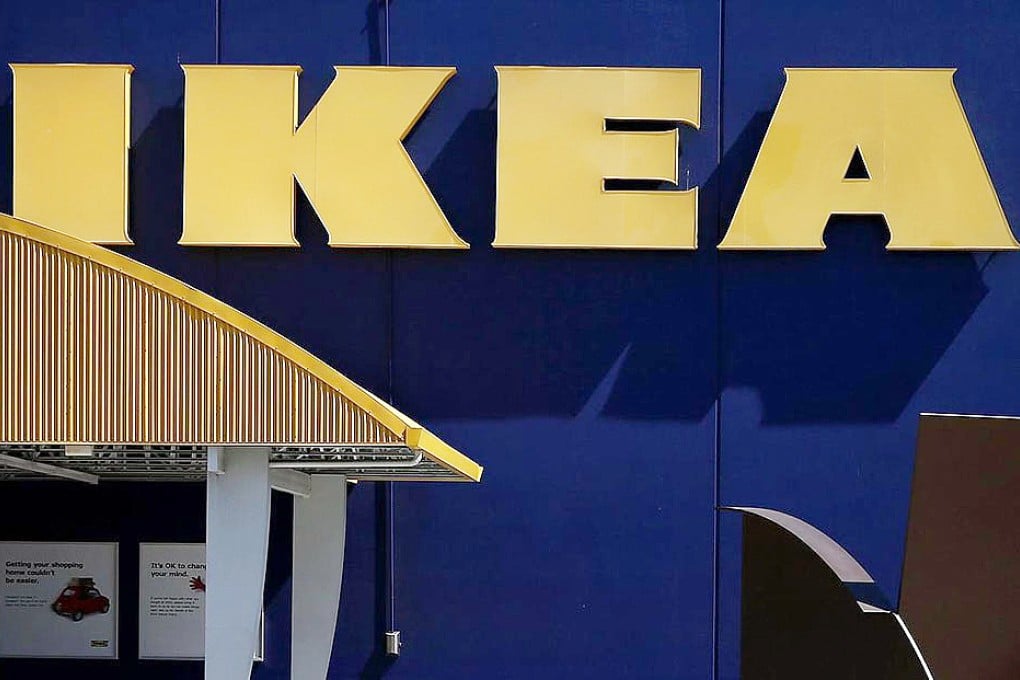Ikea paid millions to Romania's communist secret police in 1980s
Swedish furniture chain made secret payments to the feared Securitate through deals with a local furniture manufacturer in the 1980s

Romania's brutal communist-era secret police received covert six-figure payments from Ikea as part of the Swedish group's deals with a local furniture manufacturer in the 1980s, according to documents obtained by .

The documents suggest Ikea was complicit in the arrangement. Ikea denies complicity, but has launched an internal investigation. It says it was unaware of the Securitate's involvement in its commercial operations.
The revelations will nonetheless raise new questions about Ikea's operations during the cold war, when it also used East German political prisoners to build its products. Ikea was one of a small number of Western companies that took advantage of the increasing openness for business of several Eastern Bloc countries during the 1980s. It was attracted to the prodigious timber resources and cheap labour offered by a country such as Romania.
It made a deal with a Romanian state-run timber company, Tehnoforestexport, in 1981 which by the middle of that decade was worth about £10 million (HK$133 million in today's money) a year. According to the documents, the Securitate used a special foreign trade company called ICE Dunarea to skim money from the deals. The Securitate, which did the dirty work of Romania's dictator Nicolae Ceausescu, torturing and killing thousands of political opponents during his 24 years in power, is believed to have made billions of dollars out of state-sanctioned rackets, kickbacks and commercial-criminal ruses.
The opening of this part of the archive this year has shed a mottled light on some of these economic operations. In the Ikea files - given the codename "Scandinavica" - a cache of formerly top-secret notes, memos, bank statements and reports from the Securitate, coupled with copies of agreements between Tehnoforestexport and Ikea detail how the Securitate got involved in the deal.
